Publications by the Network
On the Body
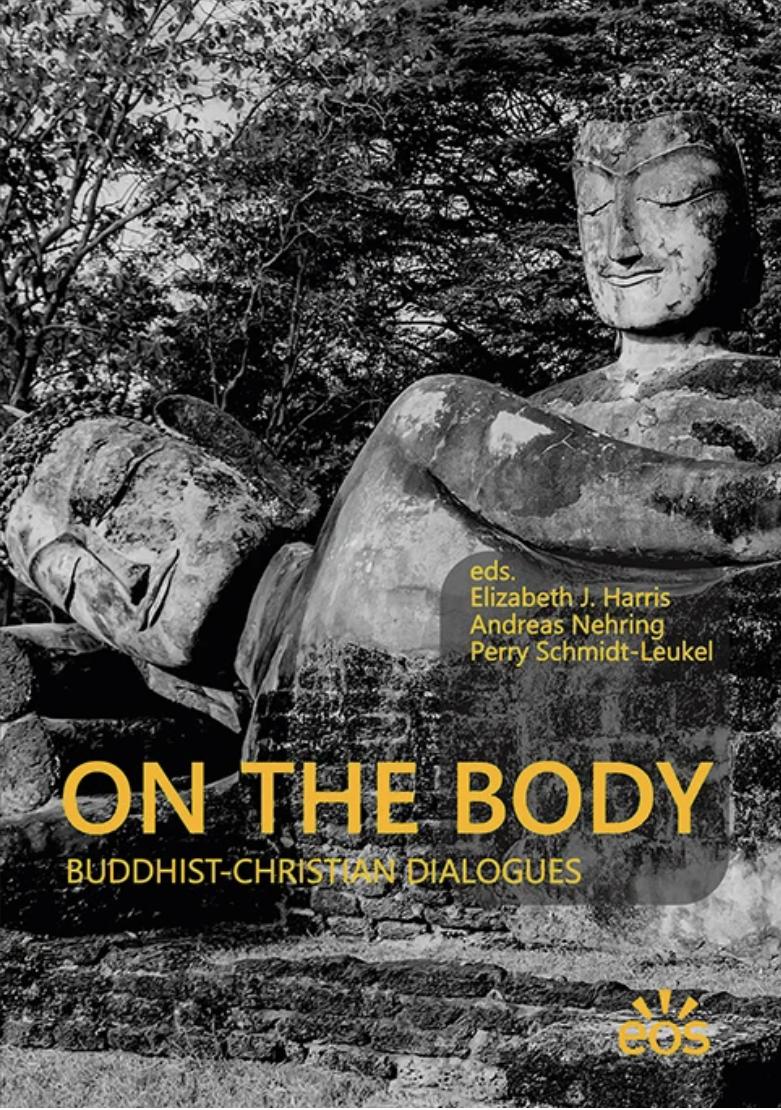 On the Body
On the Body
Harris (ed.), Elizabeth Schmidt-Leukel (ed.), Perry Nehring (ed.), Andreas
In a series of dialogues, scholars and practitioners from Buddhism and Christianity address central facets of the body as perceived in both traditions: the body's impermanence, its relation to the mind, its part in ecology and social relations, its significance in concepts of gender and sexuality, its role in contemplation, prayer and ritual, and its capacity to embody transcendence. Exploring both spiritual wisdom connected to the body as well as short-comings and deficits, the dialogues inquire how both traditions may learn and benefit from the insights of the other. Human existence is embodied existence. By their reflections on the body and body-related practices, Buddhism and Christianity engage with a crucial aspect of our being. In both traditions, the spectrum of views is extremely broad, ranging from outright condemnation of the body to its highest praise as a tool of awakening or a temple of the Holy Spirit.
With contributions by Kajsa Ahlstrand, Raquel Bouso, Michael von Brück, Thomas Cattoi, Sybille Fritsch-Oppermann, Shodhin Geiman, Ruben Habito, Elizabeth Harris, Claudia Jahnel, Amy Paris Langenberg, David Loy, Andreas Nehring, Carola Roloff, Markus Rüsch, Perry Schmidt-Leukel, Peter Tyler, Werner Vogd and Fabian Völker.
Euro-Buddhism and the Role of Christianity
 Euro-Buddhism and the Role of Christianity
Euro-Buddhism and the Role of Christianity
Papers from the 13th Conference of the European Network of Buddhist-Christian Studies
Kurt Gakuro Krammer (ed.) John O'Grady (ed.) Martin Rötting (ed.)
In the late nineteenth century Buddhism began to be practised in Europe and was often presented by its European followers as a persuasive alternative to Christianity. Buddhism in Europe was less a result of missionary activities from Asian countries than the consequence of propagation by Europeans, who studied Buddhism through various literary sources. However, these European Buddhists sought connections to Asian countries from a comparatively early stage onwards, and organizations such as the Mahābodhi Society came to play an important role in the early days. In the twenty-first century, new configurations of the dialogue between Buddhism and Christianity are being formed, always in relation to developments within the larger faith-traditions out of which individual Buddhist and Christian denominational forms have come.
A Visionary Approach
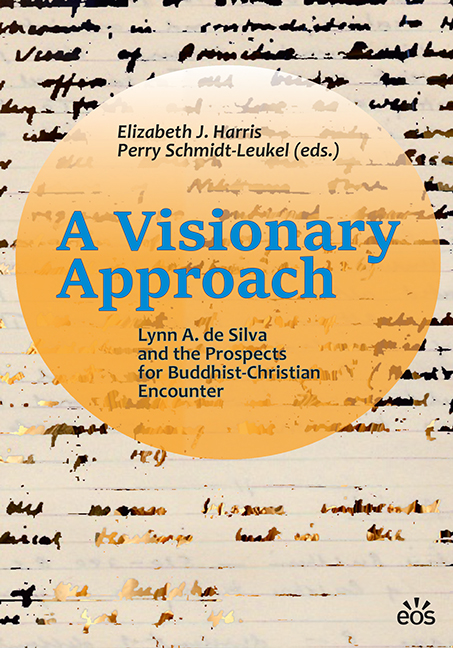 A Visionary Approach
A Visionary Approach
Lynn A. de Silva und the Prospects for Buddhist-Christian Encounter
The Sri Lankan Methodist theologian, Dr. Lynn Alton de Silva (16 June 1919 – 22 May 1982), was a major pioneer in Buddhist-Christian dialogue and was one of those who paved the way for the World Council of Churches‘ commitment to inter-faith work. In this book, representatives of the WCC, the Pontifical Council for Interreligious Dialogue and the Ecumenical Institute for Study and Dialogue in Colombo, together with friends, companions and a family member pay tribute to his outstanding work and personality. Picking up major topics of de Silva’s work in Buddhist-Christian dialogue, renowned and rising specialists also highlight the continuing significance of his ideas and relate them to the ongoing process of the encounter between the two religious traditions.
Meditation in Buddhist-Christian Encounter: A Critical Analysis
 edited by Elizabeth Harris and John O’Grady
edited by Elizabeth Harris and John O’Grady
In the last fifty years, Buddhists and Christians have come together in inter-monastic exchange, joint meditation retreats, dialogues concerning the relationship between meditation and social action, cross-tradition pupil/teacher relationships and joint academic explorations into the parallels between Buddhist and Christian spiritual practice.
Buddhist-Christian Relations in Asia
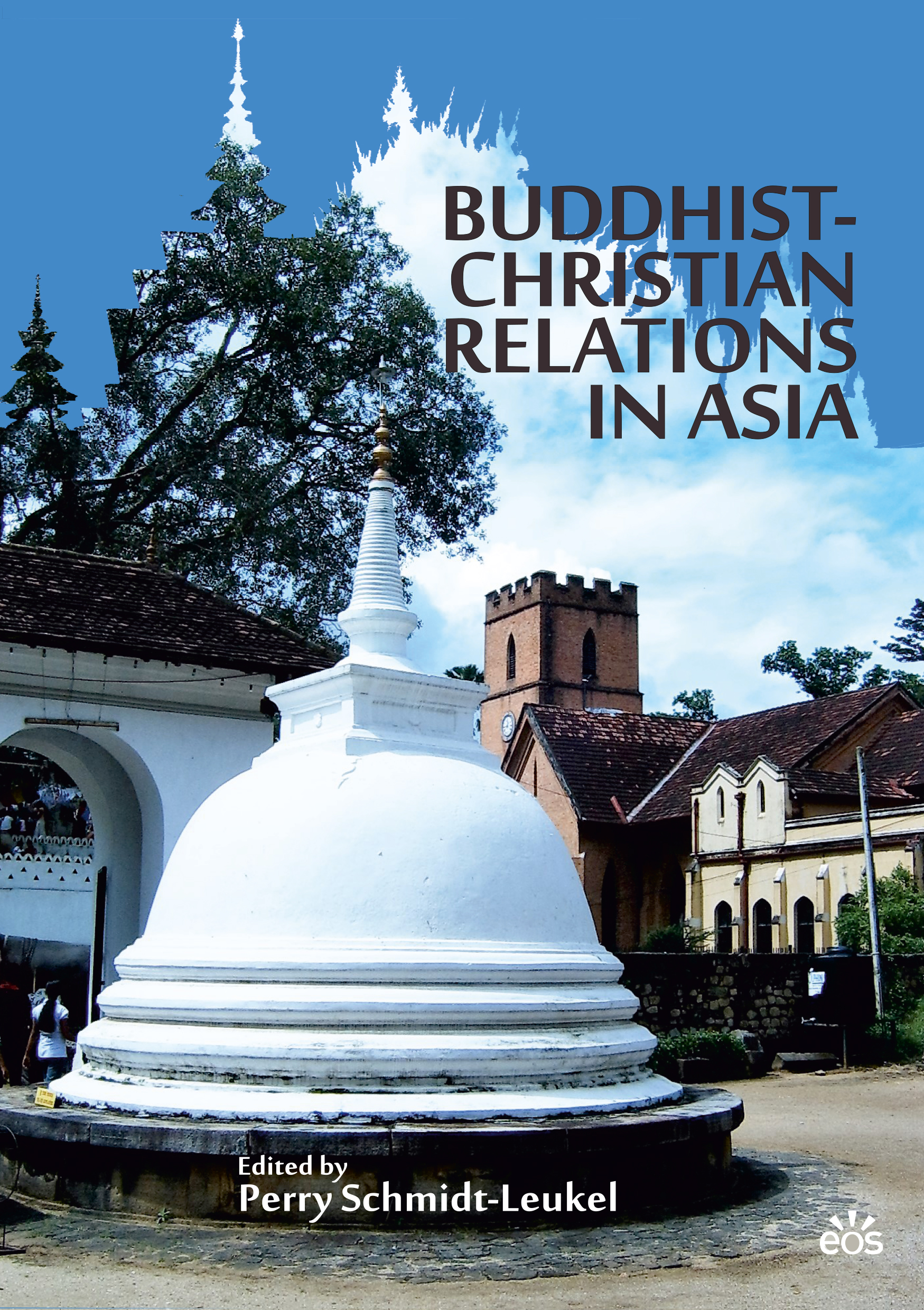 Buddhist-Christian relations in the East differ in various respects from those in the West. The present volume offers the first comparative overview of the Buddhist-Christian encounter in six Asian countries. It focusses on the three Theravāda Buddhist countries, Sri Lanka, Thailand and Myanmar, and on Japan, Korea and China, where Mahāyāna Buddhism predominates.
Buddhist-Christian relations in the East differ in various respects from those in the West. The present volume offers the first comparative overview of the Buddhist-Christian encounter in six Asian countries. It focusses on the three Theravāda Buddhist countries, Sri Lanka, Thailand and Myanmar, and on Japan, Korea and China, where Mahāyāna Buddhism predominates.
History as a Challenge to Buddhism and Christianity
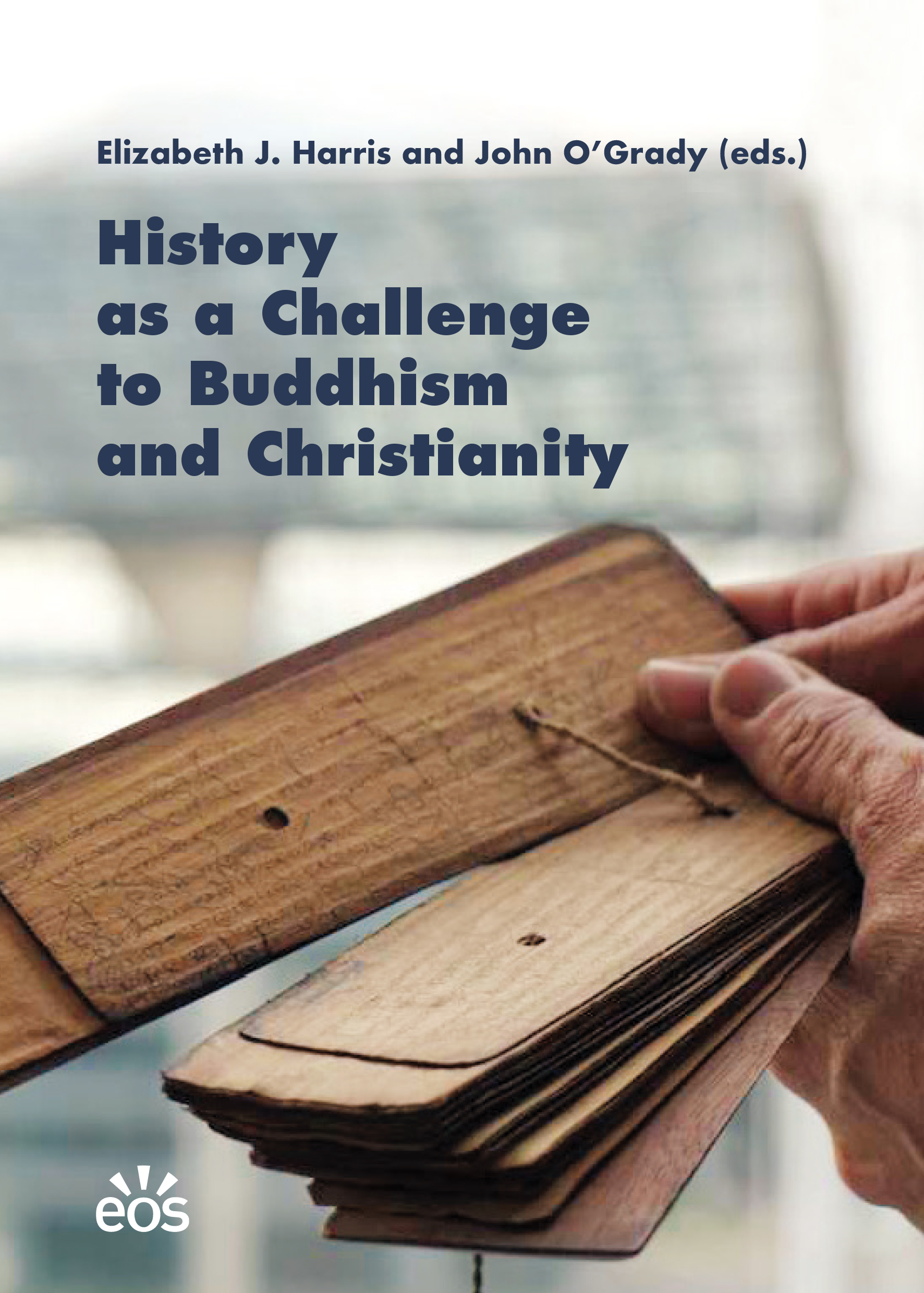 Would the dialogue between Buddhism and Christianity be changed if both religions seriously engaged with the insights of modern historical consciousness? Could there be greater honesty, openness and humility, or a greater commitment to a reciprocal search for truth, if this was done?
Would the dialogue between Buddhism and Christianity be changed if both religions seriously engaged with the insights of modern historical consciousness? Could there be greater honesty, openness and humility, or a greater commitment to a reciprocal search for truth, if this was done?
Hope: a Form of Delusion?
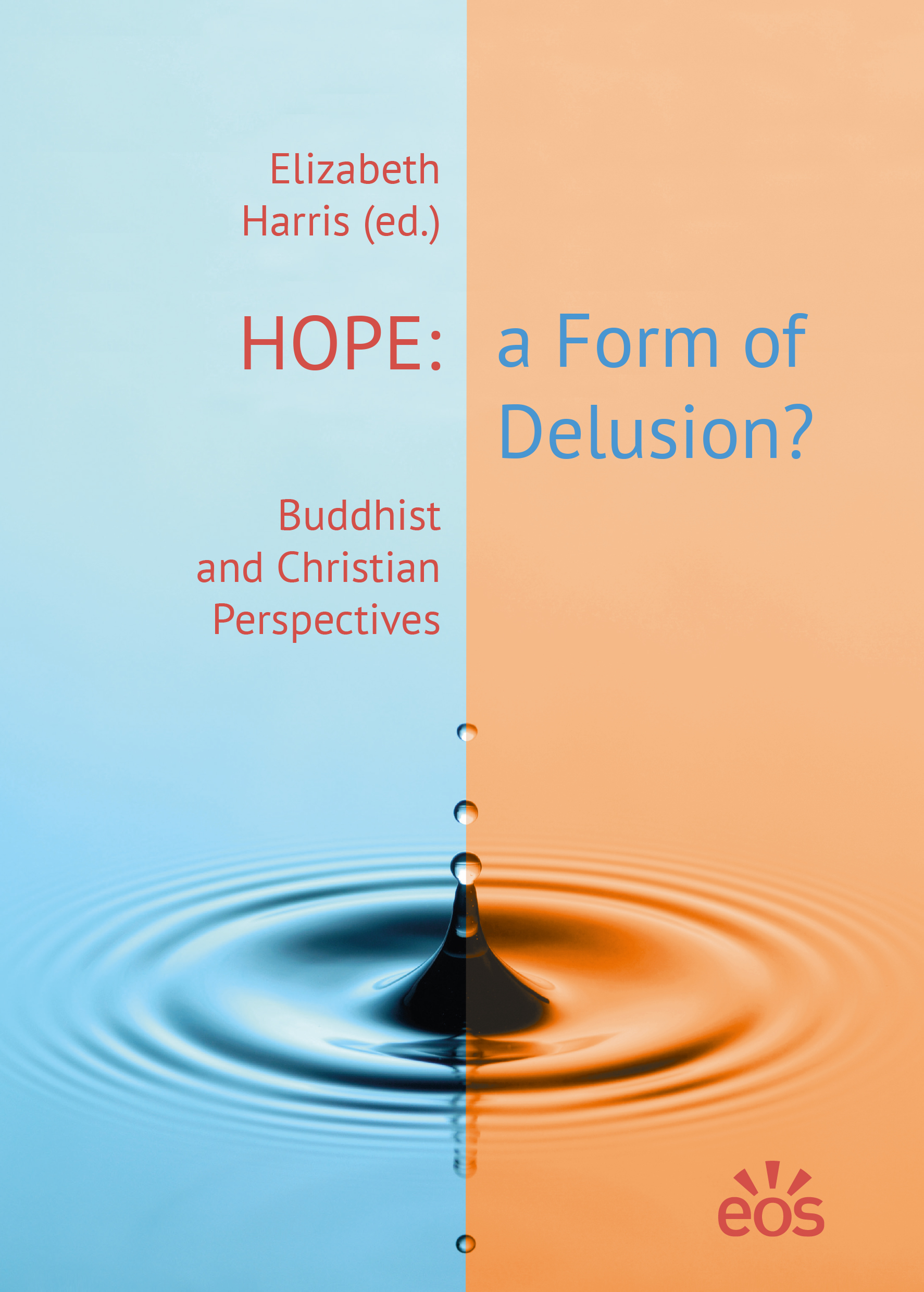 ‘Hope’ is a contested term in both Buddhism and Christianity. For some Buddhists, the very mention of the word ‘hope’ smacks of a Christian rather than a Buddhist agenda – an agenda that is theistic and, by necessity, theological. For these, confidence in the teaching of the Buddha makes hope unnecessary. But is this the only Buddhist view and, if not, how have other views been articulated and lived?
‘Hope’ is a contested term in both Buddhism and Christianity. For some Buddhists, the very mention of the word ‘hope’ smacks of a Christian rather than a Buddhist agenda – an agenda that is theistic and, by necessity, theological. For these, confidence in the teaching of the Buddha makes hope unnecessary. But is this the only Buddhist view and, if not, how have other views been articulated and lived?
Authority in Buddhism and Christianity
ENBCS Conference Papers. Edited by Perry Schmidt-Leukel. In: Journal of Buddhist Christian Studies 30 (2010) 41-186.
Buddhist Attitudes to Other Religions
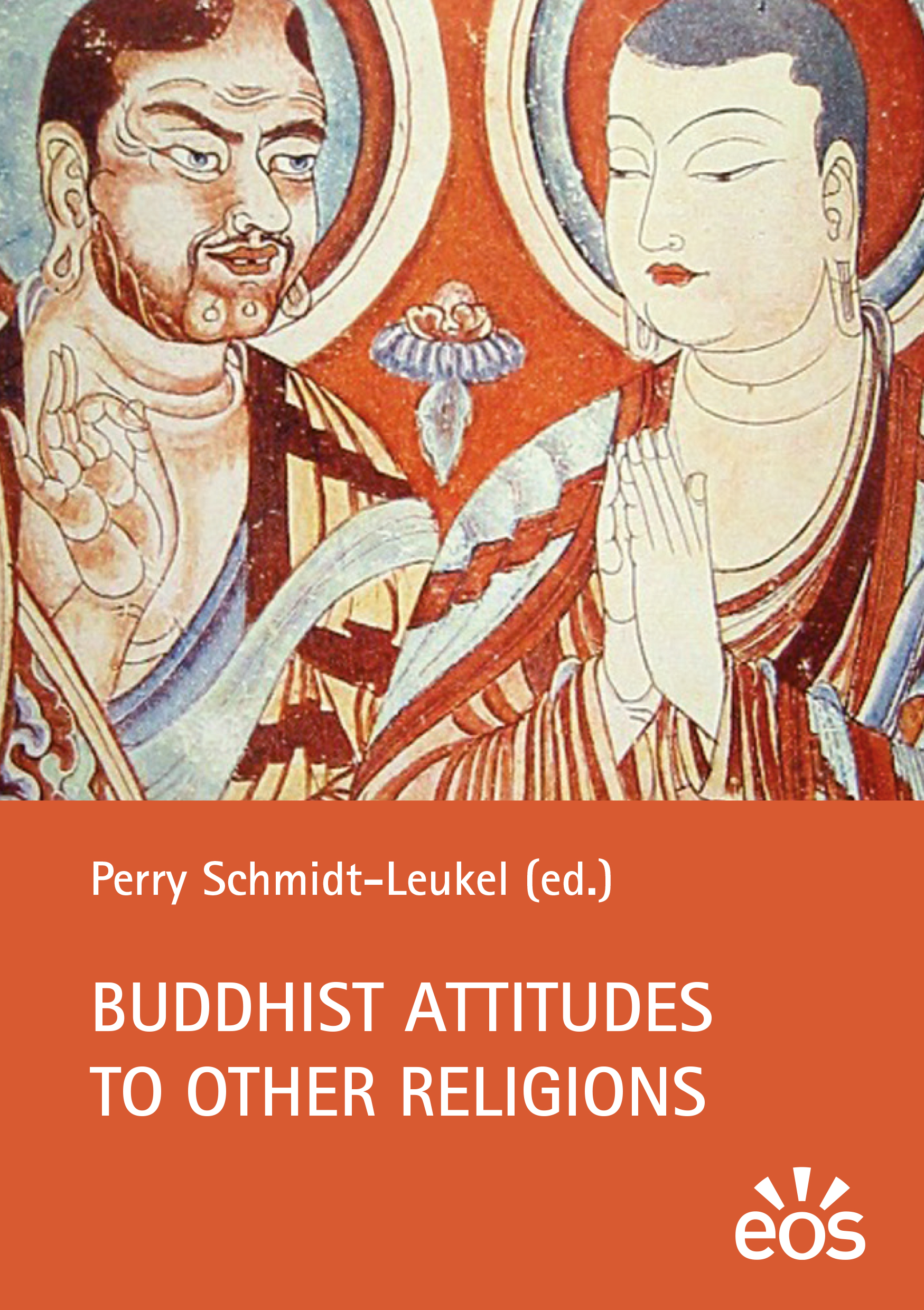 In a world in which the religious ‚other‘ has been both globalized and localized, we are tending towards a situation in which all religious traditions are aware of all others and to this extent are in some kind of communication with one another. Even if the relationship is one of proselytism, rejection, conflict or enmity, it is still a relationship, and this involves a reaction to or interaction with the other. Many adherents of one faith have now practical dealings with people of other religions, thus inevitably facing questions of meaning and belonging
In a world in which the religious ‚other‘ has been both globalized and localized, we are tending towards a situation in which all religious traditions are aware of all others and to this extent are in some kind of communication with one another. Even if the relationship is one of proselytism, rejection, conflict or enmity, it is still a relationship, and this involves a reaction to or interaction with the other. Many adherents of one faith have now practical dealings with people of other religions, thus inevitably facing questions of meaning and belonging
Converging Ways?
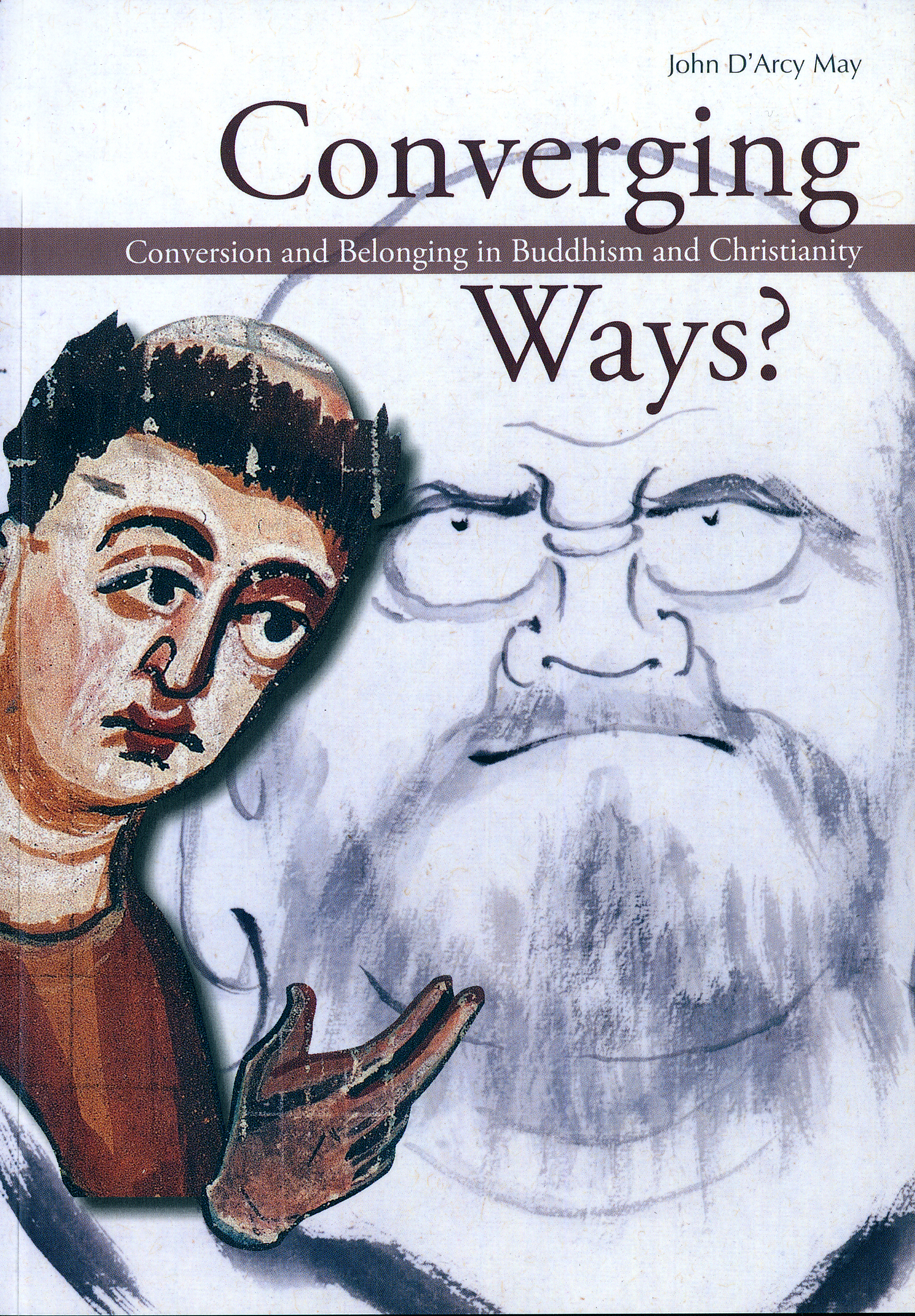 Conversion and Belonging in Buddhism and Christianity
Conversion and Belonging in Buddhism and Christianity
There is currently much discussion of both religious conversion and multiple religious belonging, but there has been little examination of their relationship. this book presents a variety of approaches to the problem, from autobiographical accounts of intense personal experience in monastic settings and research into historical controversies and empirical data to a comprehensive theory of multiple belonging.
Christian Perceptions of the Buddha.
Proceedings of the European Network of Buddhist-Christian Studies' conference held in Lund, May 2001. = SMT Swedish Missiological Themes 90:1 (2002).
Buddhism, Christianity and the Question of Creation
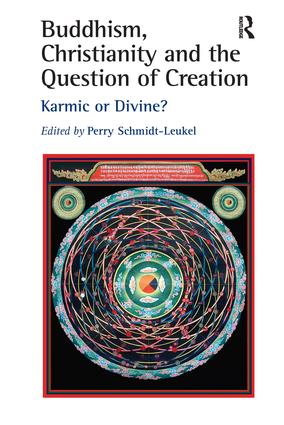 Is the world created by a divine creator? Or is it the constant product of karmic forces? The issue of creation was at the heart of the classic controversies between Buddhism and Hindu Theism. In modern times it can be found at the centre of many polemical debates between Buddhism and Christianity. Is this the principal barrier that separates Buddhism from Christianity and other theistic religions?
Is the world created by a divine creator? Or is it the constant product of karmic forces? The issue of creation was at the heart of the classic controversies between Buddhism and Hindu Theism. In modern times it can be found at the centre of many polemical debates between Buddhism and Christianity. Is this the principal barrier that separates Buddhism from Christianity and other theistic religions?
Buddhist Perceptions of Jesus
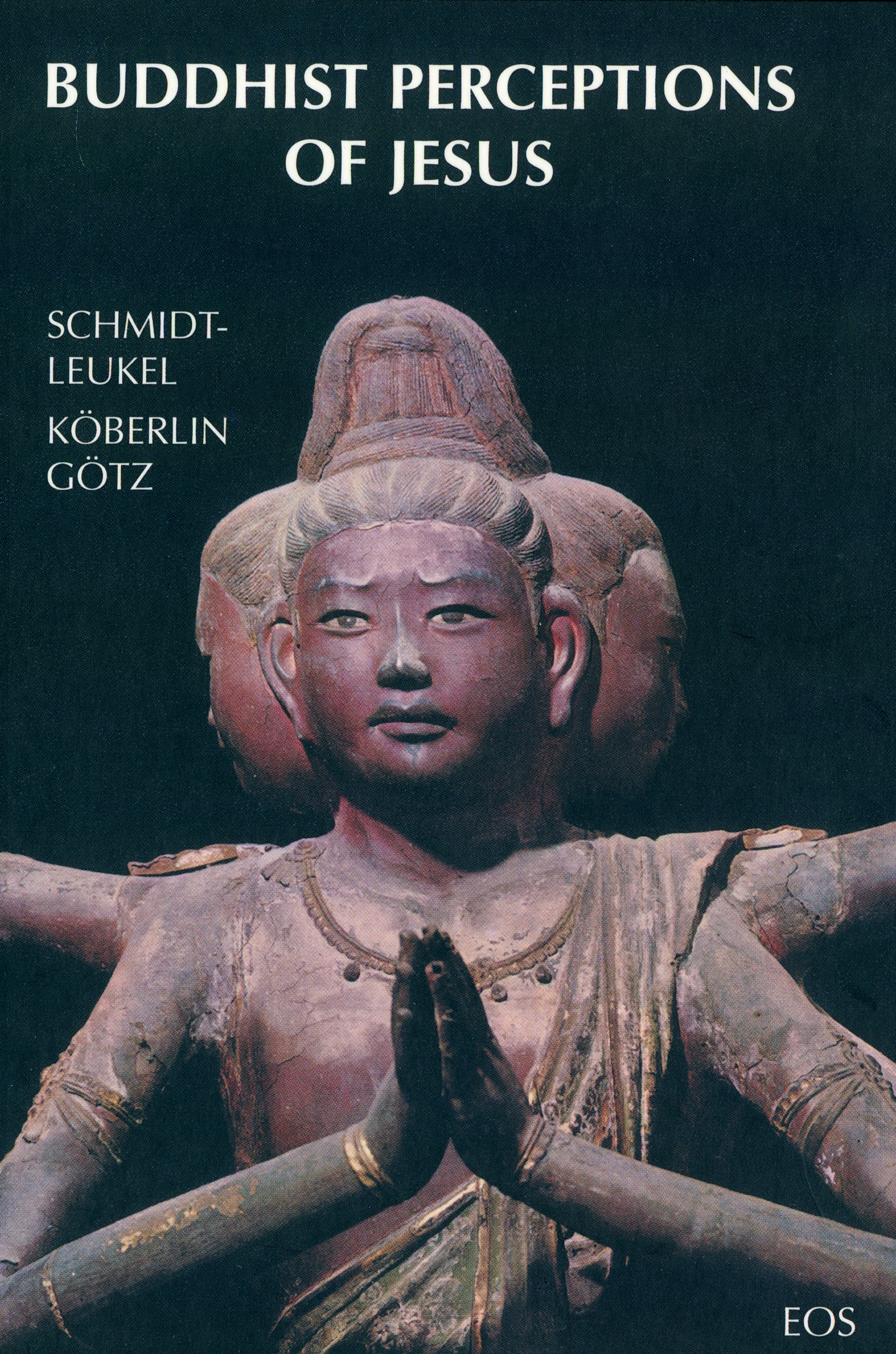 Papers of the Third Conference of the European Network of Buddhist-Christian-Studies (St. Ottilien 1999)
Papers of the Third Conference of the European Network of Buddhist-Christian-Studies (St. Ottilien 1999)
Buddhists have judged Christianity primarily from a spiritual-practical point of view. Thereby the three principles of the Noble Eightfold Path have proved decisive. In that regard it is very significant that negative judgements about Christianity always arose over the question of vegetarianism and the consumption of alcohol which makes Buddhists believers doubt the spiritual level of Christianity. The collected articles and approaches of this volume present the difficulties of the Buddhist religion within the Christian-Buddhist Dialogue.

